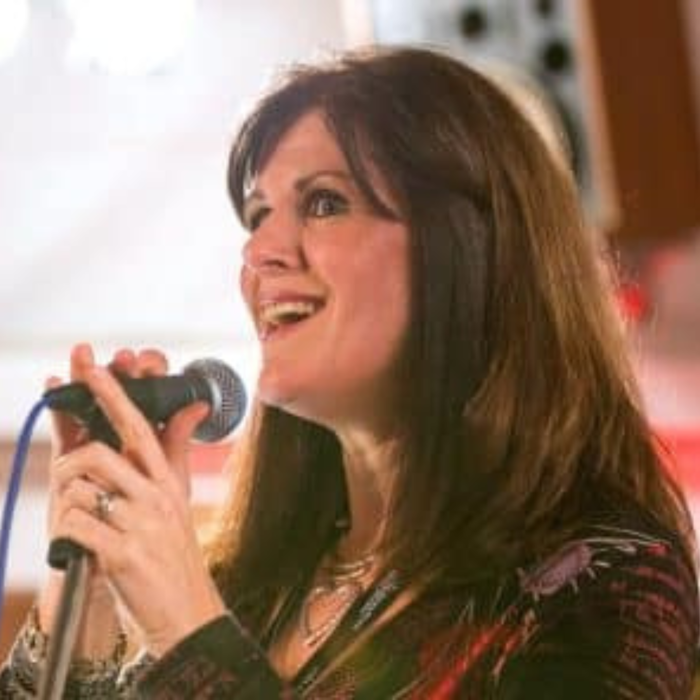‘Disarming’ Performance Anxiety: Re-engaging the joy of performing by becoming more resilient in our innate vulnerability
Tuesday 29th October 2024, 10:00 AM - 12:00 PM (London Time)
Dr Mark Seton's overview:
Performance anxiety is a complex and potentially confusing label often used to give meaning to a diverse range of bodily experiences and cognitive beliefs that inhibit our capacity to perform in an optimal manner. However, through my research and coaching on vulnerability and actor wellbeing, I have found that we can reduce the effects of performance anxiety when we choose to move consciously towards greater competency in technique, deeper connection with the audience and vulnerable pleasure in our craft.
In this workshop, I will offer practical, playful and holistic strategies to ‘dis-arm’ three factors of being human that can impact our capacity to perform: doubt, shame and trauma. Firstly, through an awareness of body data, body knowledge and body wisdom, we’ll identify energetic preferences in performers that may undermine performance potential. Secondly, we’ll explore playful ways to allow the body to give ‘voice’ to how it may hold tension and need to find release. Thirdly, we’ll invite both storytelling and playfulness to process moments of past shaming that still disempower us. Overall, I will guide us through three resilient vulnerability phases I have identified – presence, perception and play – that can give us all agency AND connection for optimal performing that brings us joy.
Dr Mark Seton
Dr Mark Seton is an Honorary Research Associate (Department of Performance Studies) at the University of Sydney. He lectures in screen performance and drama at Excelsia College.

Attend this course for as little as £22 as part of the Voice Professional Training CPD Award Scheme.
Learn MoreSorry, this is an archived short course...
We have plenty of upcoming short courses coming soon. See details of some of them below or look at the full list of short courses.


Wednesday 2nd July 2025
2:00 PM - 4:00 PM
(London Time)
The identity politics of accent learning!

Jenru Wang
Jenru Wang has an MFA in Voice Studies with distinction from The Royal Central School of Speech and Drama in London - in this session, he will begin to explore the complexities accent coaches might face in their work, examining the intersection of language, identity, and cultural sensitivity. Participants will explore how to navigate challenging situations in different contexts and understand what to do—and avoid—when working with diverse clients and materials.


Thursday 3rd July 2025
5:00 PM - 7:00 PM
(London Time)
Vocal “Decathletes” – inside the hidden world of Session Singing!

Kim Chandler
What is a session singer? Officially it’s a freelance, short-term “singer for hire” brought in to be part of a live or recorded musical project. However, it’s more generally understood to be the “behind-the-scenes” singer who is regularly booked for paid recording work. The type of work (and pay) varies a lot. Session singing is a side of the music industry that is largely hidden from the public and isn’t easy to find out much about, even online. Join Kim Chandler as she unpicks this topic, based on 35 years of session singing!

Monday 7th July 2025
2:00 PM - 4:00 PM
Tuesday 8th July 2025
2:00 PM - 4:00 PM
Wednesday 9th July 2025
2:00 PM - 4:00 PM
Friday 11th July 2025
2:00 PM - 4:00 PM
Monday 14th July 2025
2:00 PM - 4:00 PM
Tuesday 15th July 2025
2:00 PM - 4:00 PM
Wednesday 16th July 2025
2:00 PM - 4:00 PM
Friday 18th July 2025
2:00 PM - 4:00 PM
(London Time)
Introduction to statistics and working with quantitative data for Voice Professionals: 8-Session Online Bootcamp

Dr David Cane
This certificated statistics course is ideal for individuals interested in laying a solid foundation in quantitative research methods. By focusing on essential statistical principles, you will be equipped with the tools to understand and apply quantitative research techniques effectively. Statistics is a crucial component of quantitative research; mastering it will enable you to grasp quantitative methods more confidently and precisely.
